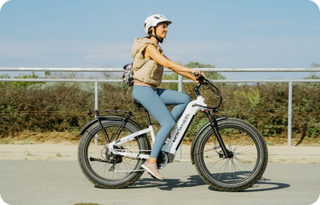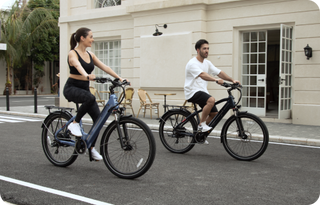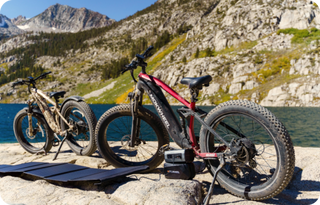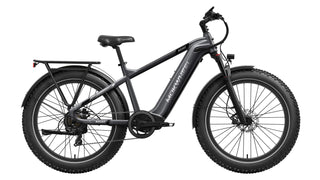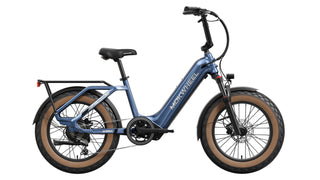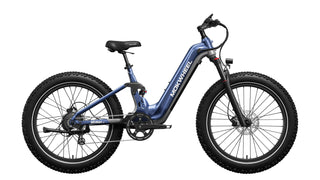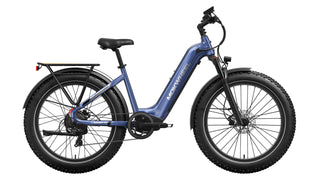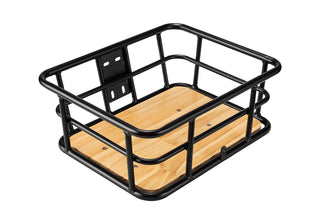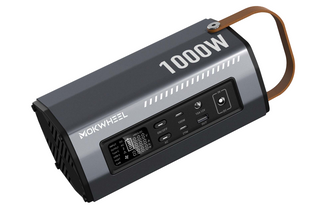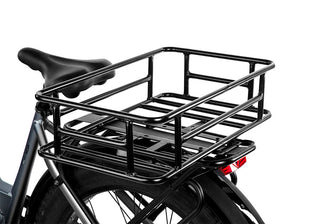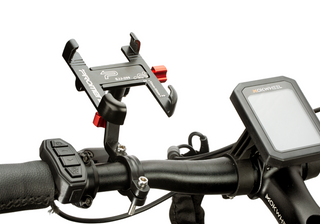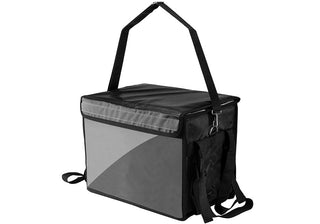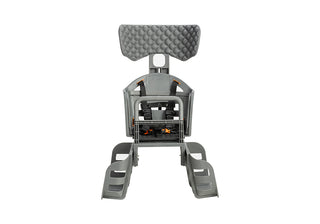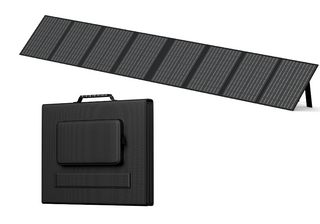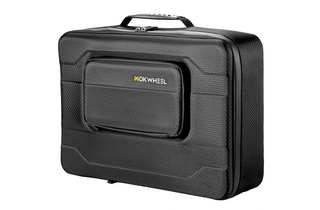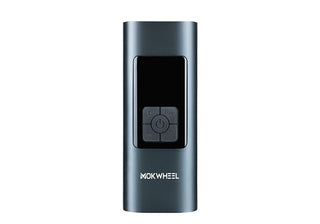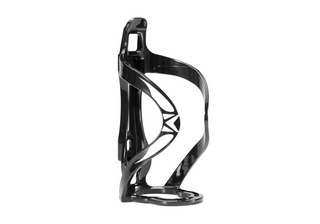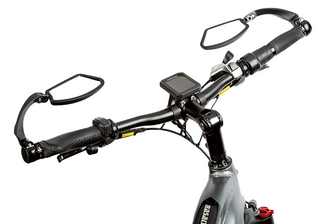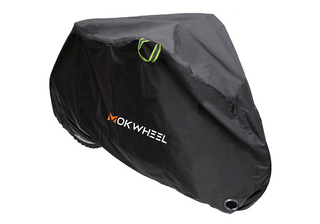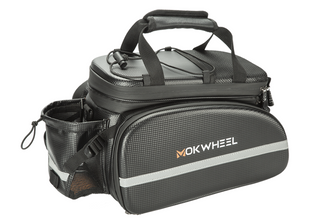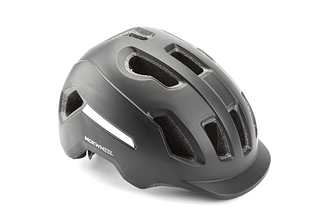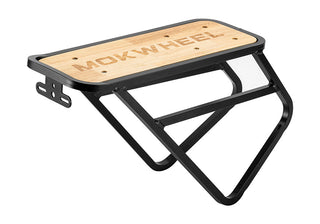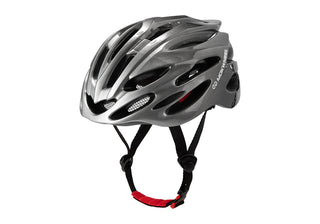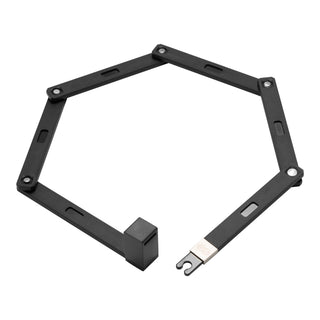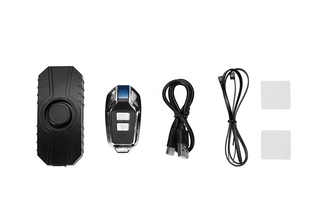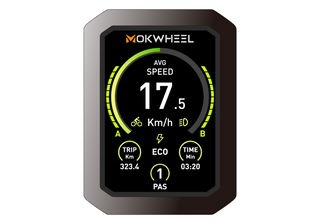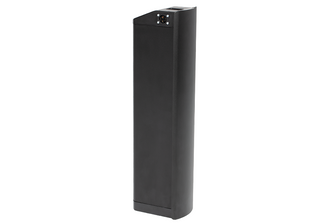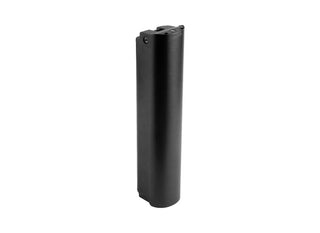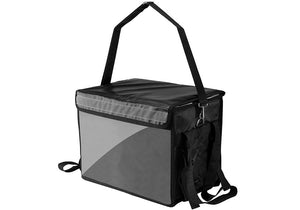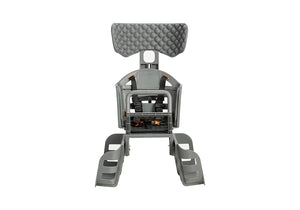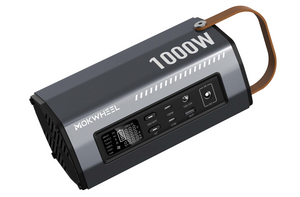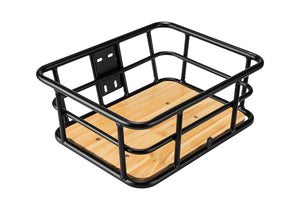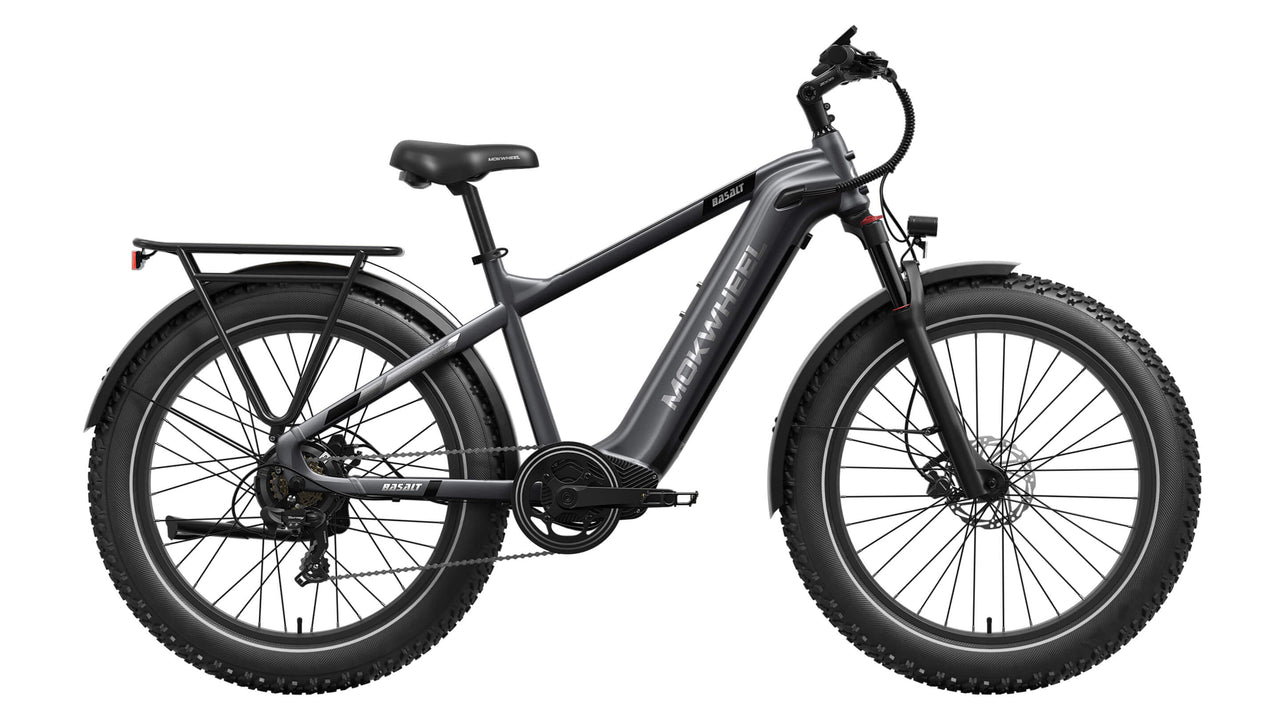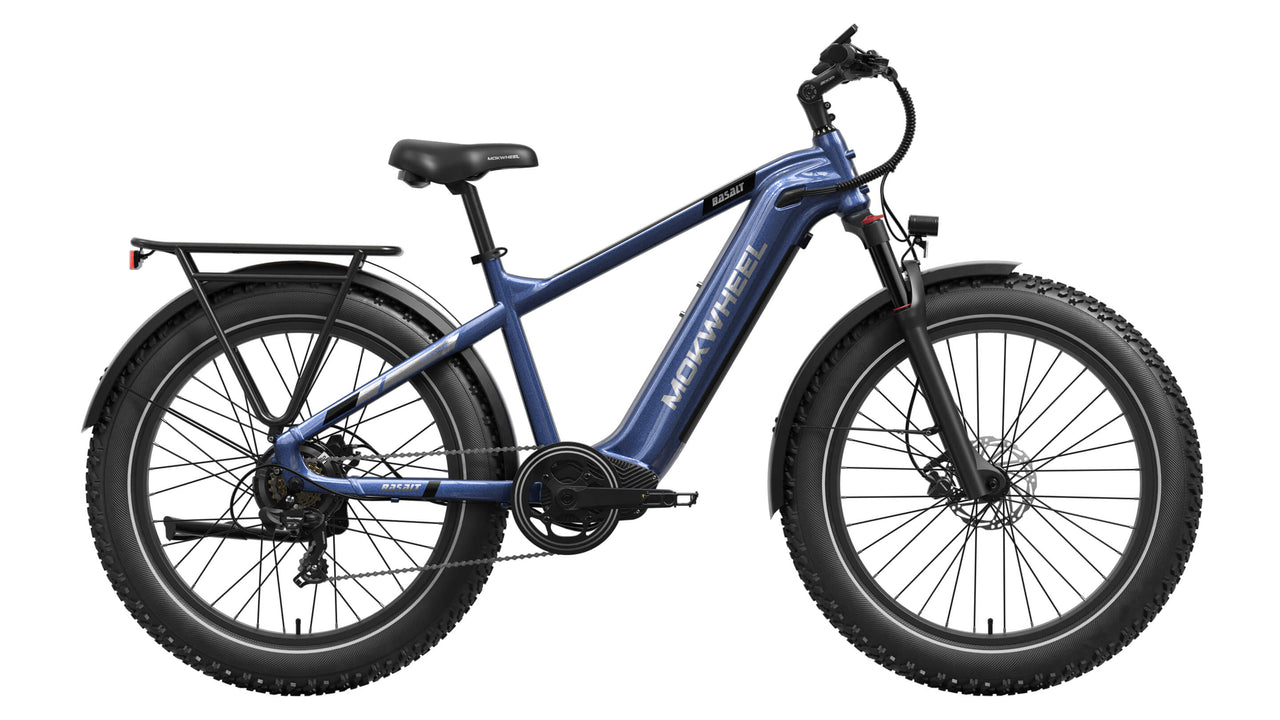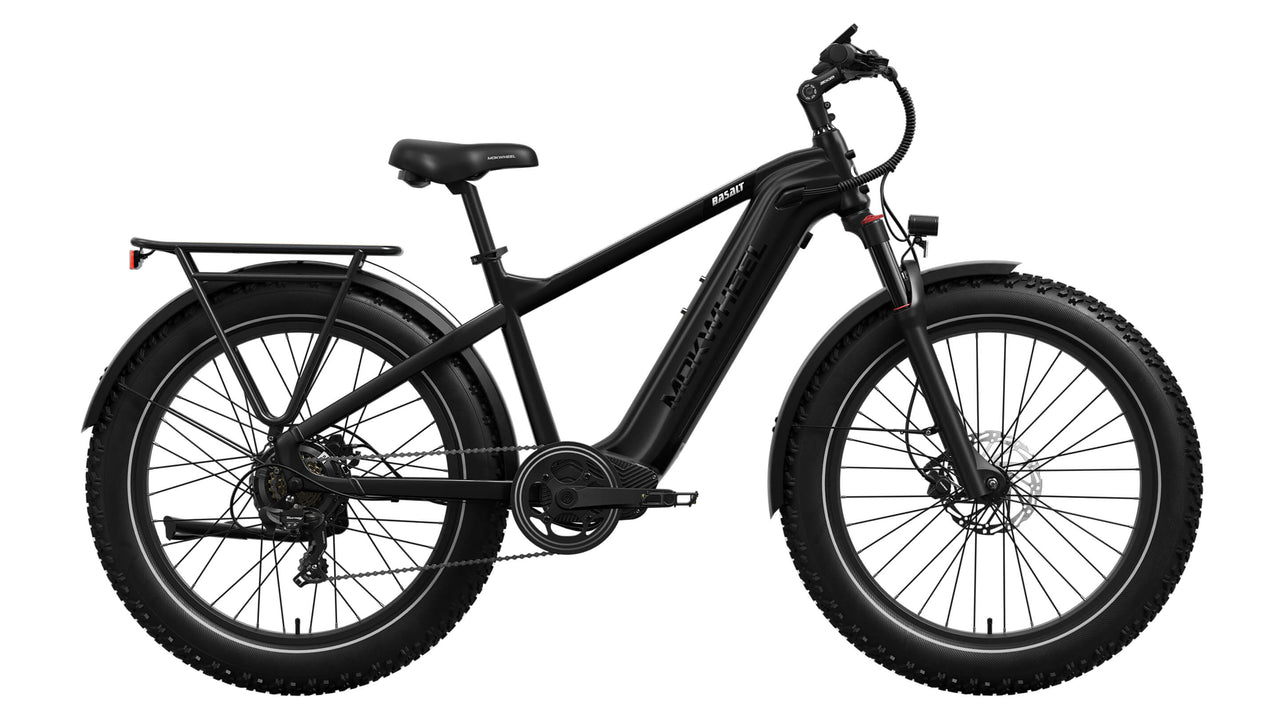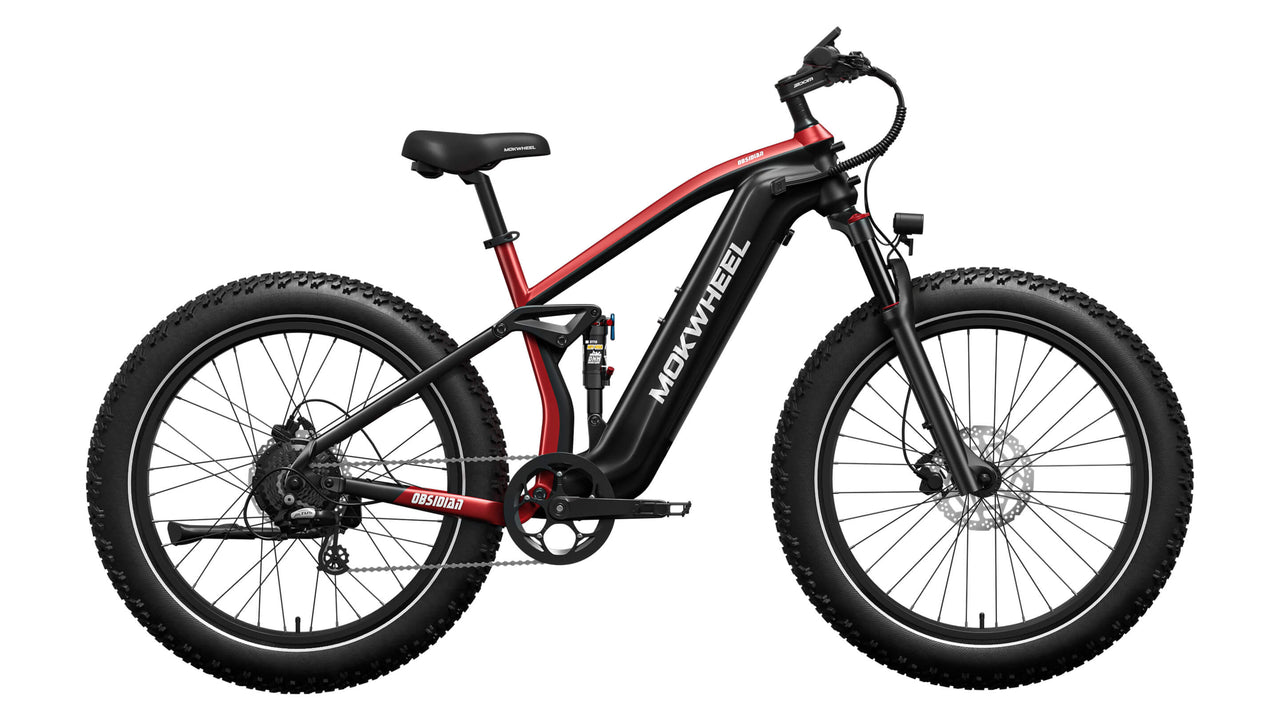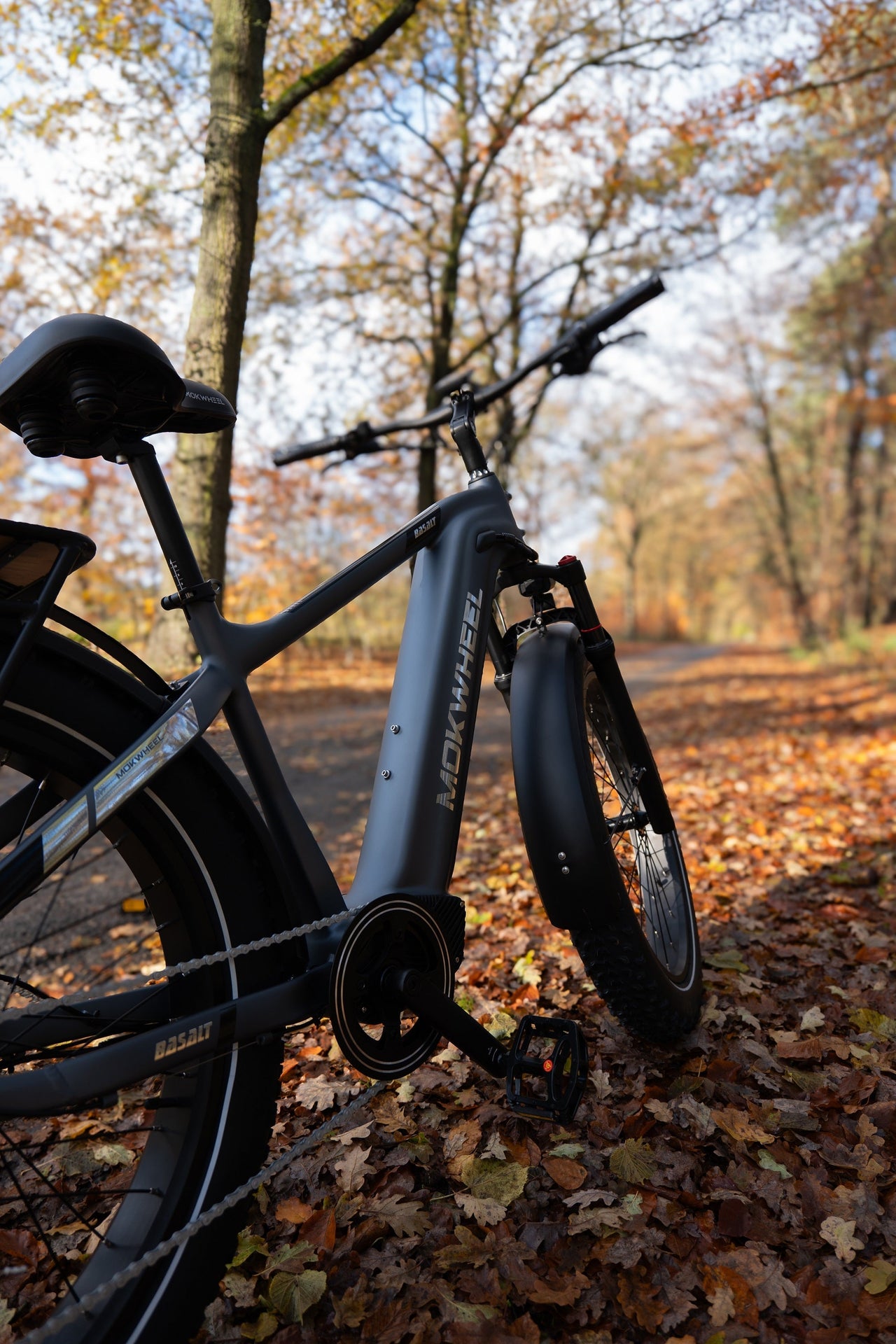Consider this—you wish to fly to Flagstaff, after which you plan on taking your e-bike to explore the vicinity of the South Rim or the Grand Canyon. Sounds convenient, right? Only one problem—regulations.
Airlines have rather strict guidelines with regards to taking electric bikes or their battery components. There are regulations on capacities, battery sizes, and of course—the baggage vs carry debate, to name a few.
Flying with e-bike batteries can be a pain in the haunches. But are there any workarounds? Can you fly with e-bike batteries? We don’t mean to be too “pun-ny”, but let’s tread on it.
What are e-Bike Batteries?
Okay, before we head into the entire regulation aspect of it, let’s talk a bit about the elephant in the room—the battery itself. What are e-Bike batteries? Why do you even need them on a bike? How does it make the bike functional? All that and more—keep reading.
Essentially, the e-Bike has a motor that aids in easier movement of the bike itself. It is as if someone is pushing you from behind. These are usually located within the underbelly or in it.
What are these batteries made of? The flavors here are pretty limited—your options are Lithium-Ion or Lithium-Polymer. While they vary in weights, constructions, and so on—the air regulations see them both as baggage.
When it comes to power generated, power outputs, and everything in between—it is time for you to do the math. Batteries are generally measured in Watt-hours (Wh). In order to calculate this, you will need the battery’s voltage (V) and Amp Hour (Ah) metrics. Therefore, Wh = V * Ah.
Keep in mind that aircraft regulations have a lot of T&Cs associated with these numbers, so you will have to be careful of the voltage and amp-hour metrics while you purchase your e-Bike battery. More on this later.
The mechanism of power delivery is pretty simple. Much like any other cell, with electrons flowing from the cathode to the anode, the motor receives electrical energy that it can then use to convert to mechanical—with which you get the extra force. While your bike can work without an electrical supply, the use of the battery is pretty cool, isn’t it?

Can You Fly with e-Bike Batteries?
Moving on to the most pertinent question—can you fly with these batteries? Well, both yes and no. Why is there a dichotomy here, you might ask? The answer, Chico, lies in the Watt-hours.
There are way too many rules surrounding batteries and traveling via air. Keep in mind that these do not just pertain to e-Bikes, but extend beyond to laptops, chargers, or any other device that has Watt-hours associated with it. While most batteries are hailed alright by regulations, there is an upper limit on 100-160 Wh ratings.
Why such a range? Well, air carrier approval—if your batteries are under 100 Wh, then you don’t need approval. However, if it does clock over 100 and about 160, then air carrier approval is a must.
There are further regulations regarding the carry vs baggage issue. Transportation Security Administration (TSA) has made these numbers and caveats rather clear. If your batteries are in-device, you don’t need any approval if the numbers are below 100 Wh.
If the in-device batteries are between 100-160, even then you can carry it with you, as long as you have approval. Forget about it, if the numbers exceed that.
Spare batteries are a different ball game altogether. Again, below 100? No problem. Between 100-160? You need approval, and even with that, you aren’t allowed to carry more than 2 spares. Over 160? Hard luck.
When it comes to e-Bike batteries, they fall under the ‘spare’ category. As you can see, if you are carrying one for short distances, then you are pretty good to go. Anything bigger and that would cover longer ranges? You might be having a tough time.
So, now what? What if your batteries are inappropriately big and not very well-adjusted? There are obviously workarounds that you should be aware of. Some might not be very fancy, but, in our opinion, pretty efficient.
Ship it!
Who says that your battery needs the air to reach your destination? You can always choose to ship it in case your battery is too chunky to be considered valid by regulations and standards. Sure, this sounds like an extra step or two, but if you plan on biking for longer distances, this seems like the safer bet.
Additionally, your battery will be labeled as ‘dangerous goods’, so it will be handled with utmost care. This method should help your battery sail through, quite literally.
Rent it?
While this might appear as an improbable scenario in some places, e-Bike rentals have become a thing, thanks to the free market. Most popular biking spots have rental kiosks for tourists to enjoy a nice day out biking!
Honestly, this might also appear to be the more cost-effective measure too. Renting e-Bikes can be a pretty cheap affair, with daily rents going as low as $5-7 per day for a 300 Wh e-Bike. Pretty good, isn’t it?
Make it Small!
Finally, the smartest move of them all—carry a battery pack that does not violate regulations in the first place. With valid research, you can find companies that have solutions to the 100 Wh problem. Their engineering and R&D departments have worked wonders that way.
For instance, some companies have adjusted voltages in such a way that it gives wattage in the desired range, to not violate regulation standards. Stacking those batteries in parallel, for example, is a fundamental way in which this was achievable.
To Conclude
The math is not for you to do—fret not. Be sure to thoroughly check for these smaller batteries, so you can carry them along with you. The only possible caveat—the range. These batteries usually cover 5-6 miles and not more, so keep that in mind too.
As long as you have the aforementioned things in mind, you are bound to go the distance.






